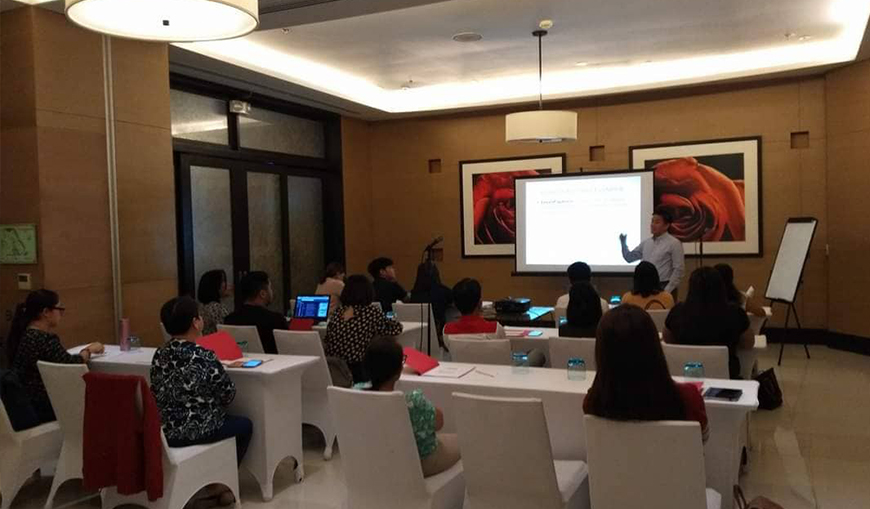
Join our comprehensive seminar, "Ins and Outs of BIR Enforcement Activities," designed for professionals seeking to deepen their understanding of the Bureau of Internal Revenue's enforcement strategies. This seminar will provide valuable insights into BIR procedures, compliance requirements, and best practices to avoid common pitfalls. Ideal for business owners, accountants, and legal advisors, participants will gain the knowledge needed to navigate BIR audits and enforcement actions confidently. Enroll now to ensure your business stays compliant and prepared.
Internal controls are processes and procedures implemented to ensure the integrity of financial and operational activities within an organization
Internal audits are systematic evaluations conducted within an organization to assess the effectiveness of its risk management, control, and governance processes.
External audits are independent examinations of an organization's financial statements and operations conducted by outside auditors to ensure accuracy and compliance.
Financial reporting involves the disclosure of an organization's financial performance and position through formal statements such as balance sheets, income statements, and cash flow statements.
Financial due diligence is a thorough analysis and evaluation of a company's financial health and performance, typically conducted before major transactions like mergers and acquisitions.
Compliance analysis involves reviewing and assessing an organization's adherence to legal, regulatory, and internal policies to ensure all operations meet required standards.
Theft and fraud detection involves identifying and preventing unauthorized activities and financial discrepancies within an organization to safeguard its assets and integrity.
Basic Concepts of BIR Audits covers the fundamental principles and procedures of the Bureau of Internal Revenue's audit process, including compliance requirements.
Tax evasion and tax avoidance refer to illegal and legal methods, respectively, used by individuals or businesses to reduce their tax liabilities.
Civil action resolves disputes and seeks compensation, while criminal action prosecutes offenses and imposes penalties.
Assessment procedures involve evaluating and determining the value or accuracy of financial information or compliance with regulations.
A Preliminary Assessment Notice is an initial notification from tax authorities indicating potential discrepancies or liabilities.
A Final Assessment Notice (FAN) is a conclusive statement from tax authorities detailing the final determination of tax liabilities after review
BIR audit procedures involve the systematic review and evaluation of a taxpayer’s records and compliance with tax regulations by the Bureau of Internal Revenue.
A Letter of Authority is an official document issued by tax authorities granting auditors the power to examine and review a taxpayer's records.
Issuance of a subpoena is a formal order requiring an individual to provide testimony or produce documents for legal proceedings.
Remedies during an audit include actions and strategies a taxpayer can employ to address and resolve issues identified by auditors.
A Notice of Discrepancy is a formal communication from tax authorities highlighting inconsistencies or errors in a taxpayer's submitted information.
Compromise settlement of deficiency taxes is an agreement between a taxpayer and tax authorities to settle unpaid taxes for less than the full amount due.
Copyright RLT Training Center. All Rights Reserved by Intracode IT Solutions